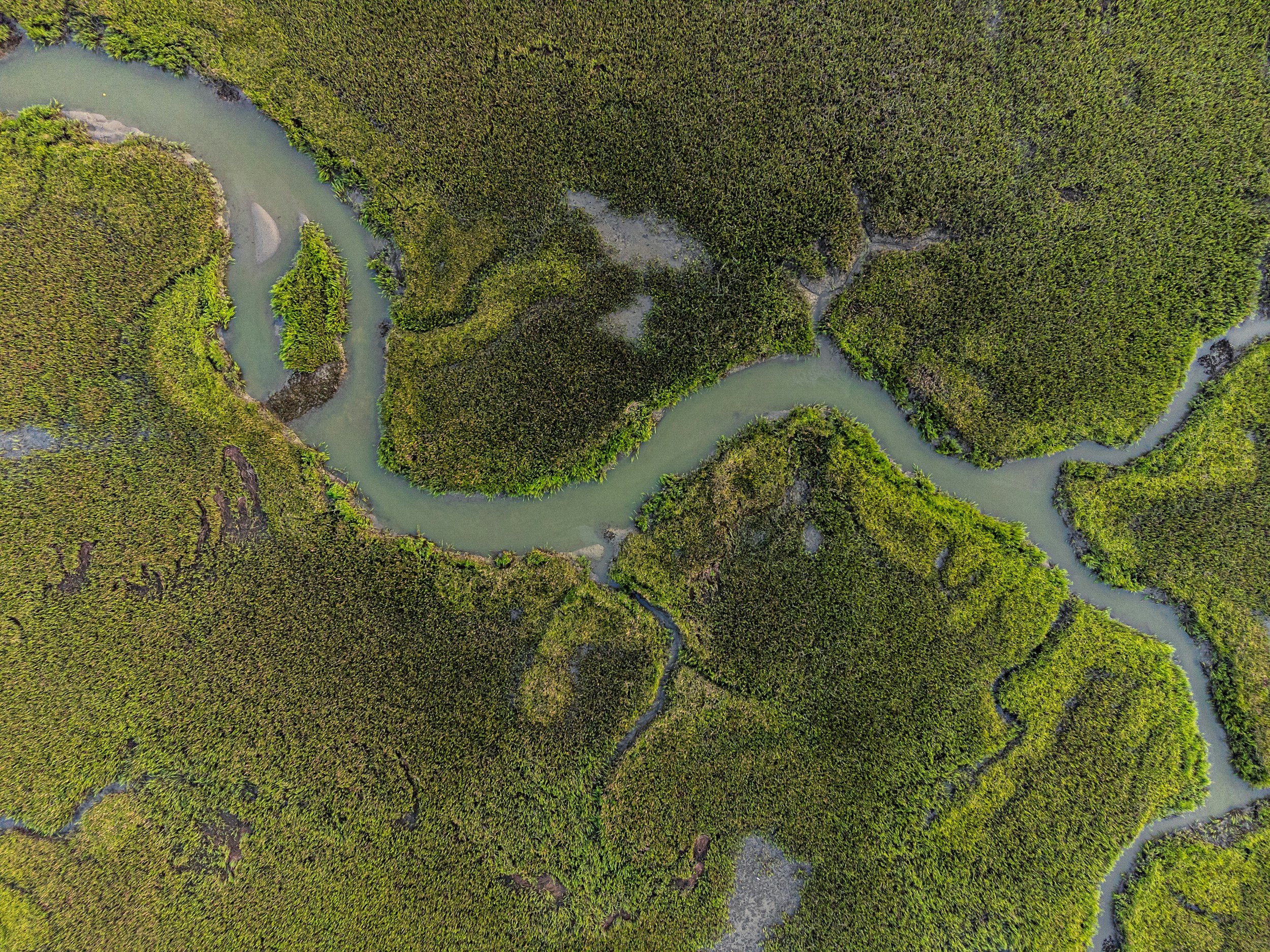
DELTA CONNECTIVE: Bridging Global River Communities for Local Climate Action
The Climate and River Delta Communities project focuses on the urgent need to protect river systems that sustain livelihoods, with local community involvement in restoring river deltas
The ongoing River Delta Communities action research project highlights the vital role of healthy rivers in supporting livelihoods and mitigating climate change.In the summer of 2024, a New Futures Fellowship group contributed to this ongoing action research, focusing on four key delta communities: the Mississippi, Mekong, Danube, and Tana riversMississippi River Delta
The Mississippi River Delta is one of the most productive and biodiverse ecosystems in the United States, supporting a wide range of wildlife and providing critical habitats for fish, birds, and other species. The Mississippi River Delta (United States) study underscores the importance of small-scale community-led restoration in concert with large-scale restoration efforts.
Mekong River Delta
The Mekong Delta is a rich and diverse ecosystem known for its extensive network of rivers, swamps, and islands, which supports millions of people through agriculture, fisheries, and trade while facing significant challenges from climate change, urbanization, and environmental degradation. The Mekong Delta is vital for both biodiversity and the livelihoods of millions, playing a central role in Vietnamese culture by providing food and jobs for a significant portion of the population. However, it faces numerous environmental challenges, including the construction of upstream hydropower dams and the impacts of climate change, leading to the shrinking and sinking of the Mekong River Delta
Danube River Delta
The Danube River is the second-longest river in Europe, flowing through ten countries and serving as a vital waterway for transportation, trade, and cultural exchange while supporting diverse ecosystems and communities along its banks. During a workshop in Romania's Danube Delta, our fellow Genesis Daquinan engaged with local fisherfolk, who shared the hardships they’ve faced since the 2006 sturgeon fishing ban, and other community members. Despite tourism offering some income, it is seasonal, and no sustainable alternatives have been provided, leaving many struggling. While the quiet resilience of these communities is admirable, it highlights the need for conservation policies that take into account the economic impact on those affected. To learn more, check out his project, “Community Voices in Restoring the Danube Delta”
Tana Delta
The Tana Delta in Kenya is a vital wetland ecosystem that supports diverse wildlife and local communities, providing crucial resources for fishing and agriculture while facing significant threats from land-use changes, climate change, and development pressures. Restoration activities in the Tana Delta have attracted diverse stakeholders, supported by both international and local alliances. While a recent survey showed that local communities are actively engaged in participatory forest management, it also revealed that these initiatives are limited in scope, with representatives emphasizing the urgent need to scale up efforts for greater impact.
Communities are eager to engage in resolving conflicts and contributing to solutions within their local river delta communities. They need more than “a seat at the table”; they need the resources, authority, and influence to effectively shape the decisions that impact their lives.
Read more about the four Delta case studies in the 2024 New Futures Fellows white paper.
Find out more about our 2025 Fellowship!
2025 Fellowship
River Delta Communities
May - September 2025
Collaborate on solutions to challenges facing youth in the Mississippi, Danube, and Mekong River Deltas. This paid fellowship offers professional training, global teamwork, and opportunities to drive sustainable change through advocacy and creative action.


